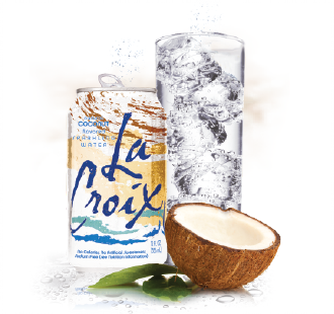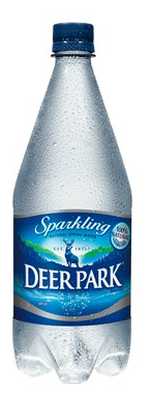Teeth and Sugar: Dispelling the Top 5 Dental Myths
You’ve heard it since you were a small child: the #1 greatest threat to your teeth is sugar. Turns out, though, there are other things that damage our teeth just as much, and cutting out sugar isn’t always enough to guarantee total tooth health. Here are some of the most common misconceptions people have when it comes to sugar, teeth, and cavities.
Misconception 1: Sipping on one soda throughout the morning isn’t as dangerous as, say, eating 4 frosted donuts in one sitting.
The truth: It’s actually much worse to expose your teeth to small amounts of sugar throughout the day, than to eat a high-sugar item in one go. It’s the frequency of sugar consumption that damages your teeth, not the amount. If you ate an entire tub of icing in a minute, we’re not saying it would do your body any favors; but your teeth would likely be fine, as the icing would only touch them for 60 seconds or so. Spending four hours working your way through a coke, however, exposes your teeth to an almost constant wash of acid.
Misconception 2: Sugar is bad for my teeth, but carbs aren’t. If I switch to unfrosted mini-wheats for breakfast, my teeth will be fine.
The truth: Simple carbohydrates are actually just as bad for teeth as sugar. That’s because it isn’t really sugar or carbs which are the culprits for cavities; those just happen to be the favorite foods of the bacteria that live in your mouth. Bacteria just love carbs and sugar, and once they’re done chowing down, they convert it into lactic acid, the stuff that erodes your teeth and creates cavities. Therefore, eating a bowl of crackers at your desk hurts your teeth as much as eating a bowl of candy.
Misconception 3: Drinking my coffee black might stain my teeth, but it won’t hurt the enamel.
The truth: Drinking your coffee black will still damage your teeth, because it is extremely high in acid. Remember that the bacteria in your mouth eat the sugar and then convert it into acid. Black coffee by itself already is an acid, so nixing the sugar isn’t making things much better. (If you can’t kick your coffee habit, drinking it through a straw can help save your teeth from damage and staining.)
Misconception 4: Drinking sugar-free soda, or soda alternatives like LaCroix, will not hurt my teeth.
The truth: Carbonation can badly damage your enamel. Soda water’s pH is around 3 or 4, depending on the brand, making it around 100 to 1000 times more acidic than water. With that said, drinking soda water is better than drinking straight soda, and is often a good middle step to eventually going totally soda-free.
Take care of your teeth with Hansen Dentistry, your local Apex dentist office.
Whether you need preventative dentistry, cosmetic dentistry, oral surgery, or something else, Hansen Dentistry is here to help. Our Apex dentist office is a welcoming, family-friendly, judgement free zone where we only care about one thing: helping you have the healthiest smile possible! To schedule an appointment, fill out our appointment form here.


 Bottomline: The best thing you can drink is water.
Bottomline: The best thing you can drink is water.